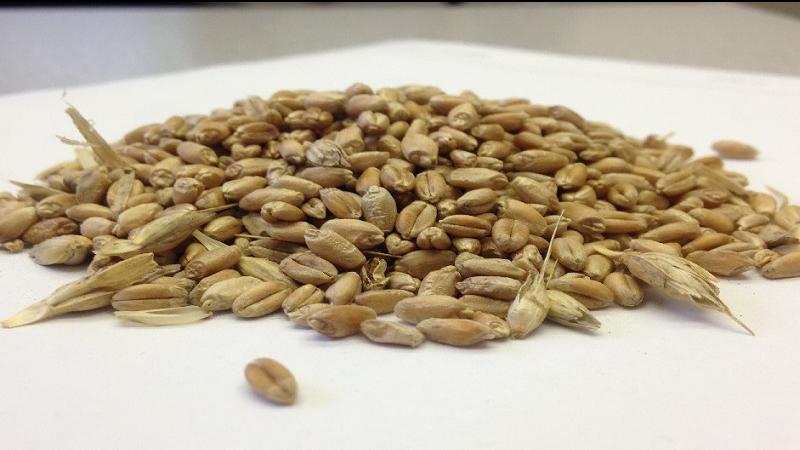
Calls for reversal on grain commission test weight and foreign material changes
Two farm organizations are banding together in their opposition to a change to test weight and foreign material for most western Canadian wheat classes.
The Saskatchewan Wheat Development Commission (Sask Wheat) and the Agricultural Producers Association of Saskatchewan (APAS) oppose a recent decision by the Canadian Grain Commission (CGC) to tighten those tolerances and are calling for a quick reversal of this decision.
In early June, the CGC announced that longstanding separate primary and export standards for test weight and total foreign material for most western Canadian wheat classes would be harmonized at the tighter export tolerances, effective Aug. 1.
Wheat producers will potentially face significant negative financial implications as harmonized test weight and foreign material standards may lead to quality downgrades and CWRS wheat that previously would have graded a number one could be downgraded to as low as feed if test weight is the determining grade factor.


